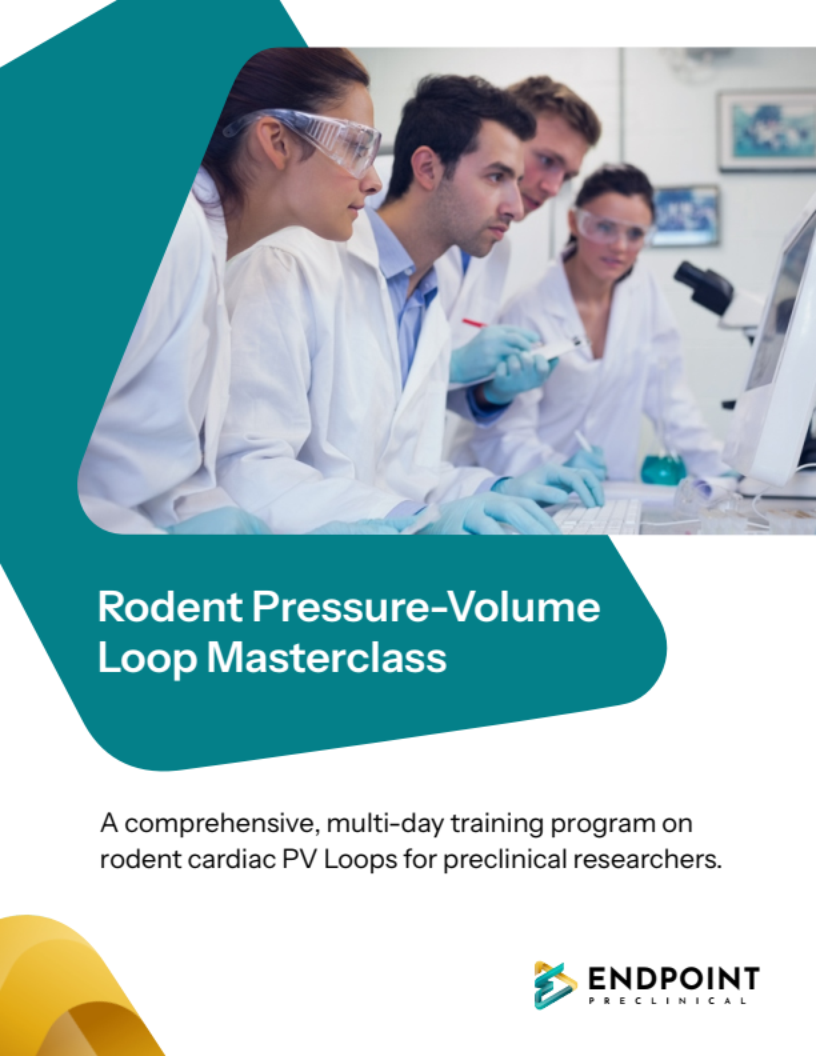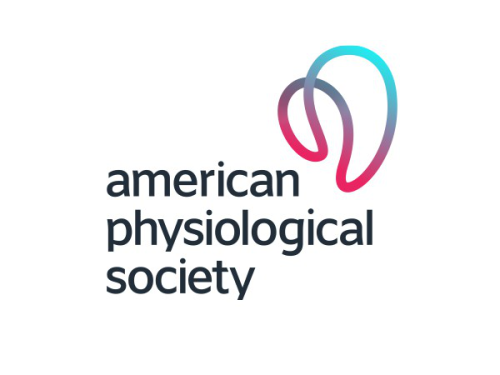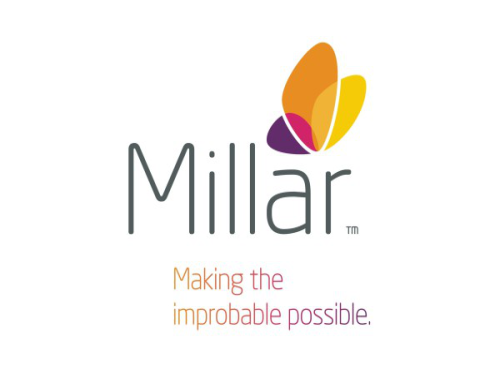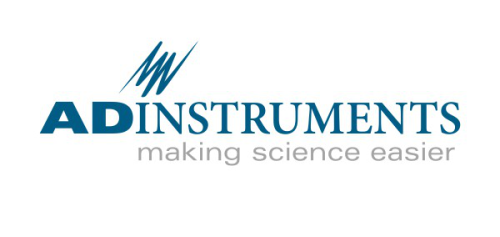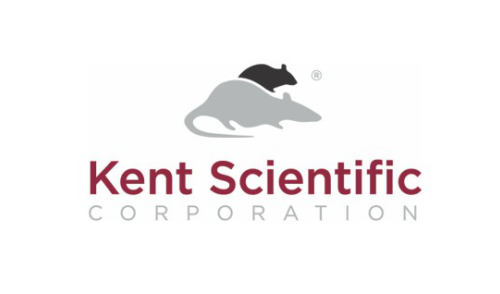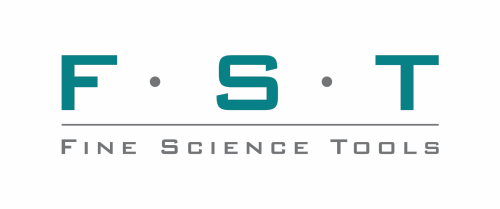Rodent Pressure-Volume Loop Masterclass
A comprehensive, multi-day training program on rodent cardiac PV loops for preclinical researchers.
Hosted by Dr. Chris West in his Translational Integrative Physiology Laboratory at the University of British Columbia Okanagan, the Endpoint Preclinical Rodent Pressure-Volume Loop Masterclass combines lectures and on-demand resources with immersive classroom and hands-on laboratory training. This program aims to empower preclinical researchers with the knowledge, tools and techniques required to maximize PV loop data accuracy and reproducibility in small-animal models.
This program is informed by the latest peer-reviewed techniques and strategies, as documented in Guidelines for assessing ventricular pressure-volume relationships in rodents.
Topics:
- Fundamental cardiovascular and hemodynamic principles
- History and current landscape of PV loop and supporting technologies
- Conductance and Admittance volume calibration procedures
- Correct curve fitting of occlusion data and selection of load-independent indices
- How to optimize grouped occlusion data analysis
- Best-practices for data visualization and statistical presentation
- How to set up, prepare, and execute successful rodent PV loop surgeries
- Monitoring and controlling anesthesia, respiration, and body-temperature
- Hands-on training for open- and closed-chest surgeries in a rat model
- Correct catheter insertion, navigation, and placement in the ventricle
- Modern data collection best practices, ensuring accuracy and reproducibility
- How to adjust preload and afterload in both open- and closed-chest models
Cost:
Academic Rate: Single – $4,800, or Pair – $9,000
Industry Rate: Single – $5,800, or Pair – $10,200
Pricing is USD. Pair rate is for two colleagues that wish to share a single surgical station.
Testimonials:
Participating in this Masterclass was an outstanding experience. The workshop was meticulously organized, with a perfect balance of theory and practical application. The instructors were not only world-class experts in cardiovascular physiology but also exceptional educators who conveyed complex concepts with clarity and enthusiasm. Their guidance during the live demonstrations and data acquisition sessions made the learning process highly engaging and impactful. This training has significantly enhanced our team’s confidence and competence in using PV loop systems for preclinical cardiovascular research.
Attending the Rodent Pressure-Volume Loop Masterclass with Dr. Chris West and Dr. Oliver Wearing was an invaluable experience. The hands-on training in a welcoming lab environment, combined with detailed SOPs, lectures, and application of best practices has given me the confidence to apply these techniques in my own research. I am so grateful for the opportunity to learn directly from such experienced experts.
Instructors:
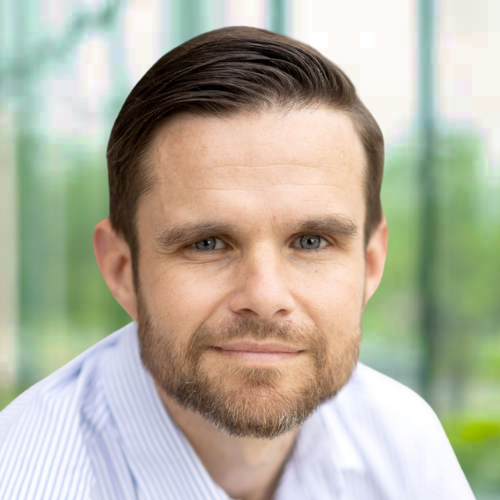
Chris West, PhD
Associate Professor,
Department of Cellular and Physiological Sciences,
Centre for Chronic Disease Prevention and Management,
Faculty of Medicine, UBC Okanagan
Chris West is a leading expert in Pressure-Volume loop applications, specializing in integrative and translational physiology. With over 15 years of experience, Chris’s research has significantly advanced the field of cardiovascular physiology through his exploration of the sympathetic nervous system’s role in heart function and cardiorespiratory interactions, using both human and animal models. A significant focus of his work has been on spinal cord injury, where he has pioneered interventions to restore sympathetic support to the cardiovascular system, including intermittent hypoxia/hypercapnia, spinal cord stimulation, and exercise. Chris has also developed innovative animal models that enable the simultaneous and precise assessment of heart and vascular function alongside neural outflow from the sympathetic nervous system. Recently, Chris has spearheaded a collaboration with leading experts across North America to establish field-standard guidelines for conducting Pressure-Volume loop studies. This work not only ensures a modern understanding of the field but also sets new standards for its advancement.
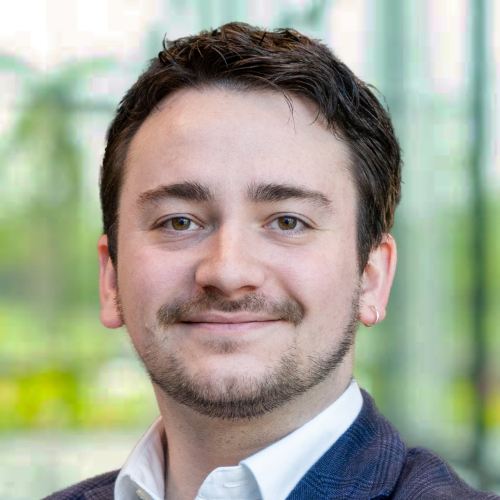
Oliver Wearing, PhD
Research Associate,
Translational Integrative Physiology Laboratory,
Department of Cellular and Physiological Sciences,
Faculty of Medicine, UBC Okanagan
Oliver has been employing invasive surgical techniques for over a decade. He specializes in ventricular pressure-volume data collection and analysis, demonstrating strong capabilities in both acute and chronic measurements of blood pressure, sympathetic nerve activity, blood flow, and overall hemodynamics. His work is informed by advanced microsurgical techniques, having been trained by leading experts worldwide, and includes applying these techniques to model physiological and pathological conditions across various species. With a passion for PV loop science, Oliver is dedicated to mentoring new researchers and supporting the broader scientific community. He collaborates closely with Dr. Chris West, contributing significantly to the collection and interpretation of Pressure-Volume loop data. Oliver is enthusiastic about guiding others in the field and advancing cardiovascular research through shared expertise.
Frequently Asked Questions:
To give you a deeper look behind the scenes, we sat down with instructors Drs. Oliver Wearing and Chris West to answer the questions we hear most from prospective participants. Whether you’re still wondering if this training is right for you, or you’re just curious about what actually happens in the workshop, this FAQ is for you.
Oliver: This course is designed for anyone working with rodent models of cardiac disease, whether you’re at the beginning of your journey or building on years of experience. We’ve had PhD students, postdocs, lab managers, CRO scientists, and industry professionals all leave with major takeaways and learnings.
Chris: You don’t need to be a surgeon or a cardiovascular expert. This is built to make PV loops accessible for scientists across the preclinical pipeline—whether you’re generating the data or interpreting it.
Chris: Not at all. We meet you where you are. If you’re already doing rodent surgeries, we’ll refine your approach. If you’re completely new, you’ll leave with the skills and confidence to start integrating PV loops into your own studies.
Oliver: Most vendor trainings are about getting you to use their equipment. This is about understanding the data—from signal quality and calibration all the way through to interpretation. It’s not just how to run a protocol, but how to design a reliable one.
Chris: We’re researchers first. The workshop is independent and technique-driven, not product-driven. That means we talk about the pitfalls, the nuances, and the data integrity challenges you won’t hear about in typical vendor demos.
Oliver: You’ll walk away with both the technical skills and the deeper understanding needed to produce high-quality PV loop data. We cover everything from catheter prep and placement to calibration and troubleshooting signal acquisition. But it’s not just about following steps—we spend time helping you interpret what you’re seeing in real time, so you can understand your waveforms and know when something’s gone wrong. By the end of the course, you’ll be confident building a repeatable, publication-ready protocol for your lab. It’s hands-on, it’s practical, and it’s focused on the kind of data that stands up to scrutiny.
Chris: One of the biggest things we teach is how to recognize bad data and how to fix it. It’s easy to collect PV loops—what’s hard is knowing whether they mean anything. You’ll leave with the skills to spot artifacts, understand the implications of your waveforms, and produce clean, consistent datasets.
The following equipment is available at each surgical station:
- Millar DUO Pressure-Volume System, PV Catheters, Pressure Control Unit, and Pressure Catheters
- ADInstruments PowerLab Data Acquisition System
- Kent Scientific SomnoFlo Anesthesia System, RoVent Small Animal Ventilator, PhysioSuite Vitals® Signs Monitor with MouseSTAT® and RightTemp® , and the SurgiSuite Small Animal Surgical Platform
- Fine Science Tools spring scissors, forceps, hemostats, rongeurs, scalpels, wound closure, and various surgical accessories
Oliver: Both. We go beyond individual technique and talk about how to structure your team workflows—so that every operator is generating consistent data. That’s key to reproducibility.
Chris: Study design is a huge part of it. We talk about when to use PV loops, what questions they can (and can’t) answer, and how to avoid common design flaws. PV loops are powerful, but if the study’s poorly planned, you’ll end up with noise.
Oliver: It’s a hands-on, in-person workshop. That’s non-negotiable for this technique—you can’t learn it well through slides, lectures, or Zoom alone. Every participant gets time on the equipment, with support at each step.
Chris: There’s also a small-group dynamic that really works. People learn from each other, ask great questions, and walk away with clarity—not confusion.
Set in the heart of British Columbia’s beautiful Okanagan Valley, the campus offers a unique blend of cutting-edge science and natural beauty. Just minutes from downtown Kelowna and surrounded by mountains, vineyards, and the sparkling Okanagan Lake, this modern, research-focused campus is the perfect place to learn, connect, and unwind. The workshop takes place at:
University of British Columbia Okanagan
Translational Integrative Physiology Laboratory
Reichwald Health Sciences Centre,
1088 Discovery Ave, Kelowna, BC,
V1V 1V7, Canada
Pricing (in USD) includes 4-days of instruction, lab access, equipment use, and supplies:
- Academic: $4,800 (individual), or $9,000 (pair)
- Industry: $5,800 (individual), or $10,200 (pair)
Pair pricing applies to two colleagues who wish to share a surgical station.
The PV Loop Masterclass was developed by Endpoint Preclinical in response to a growing need: labs were investing in pressure-volume loop systems but struggling to generate clean, interpretable data. There was a clear gap between having the equipment and actually producing publication-quality results.
Drs. Wearing and West, both independent experts with deep experience in rodent cardiovascular research, helped design and shape the course from the ground up. As the lead instructors and hosts, they’ve brought their real-world insight into what makes PV loop data reliable.
Oliver: We were seeing the same thing over and over—labs getting the gear but not the guidance. This course came from a real need in the field.
Chris: Training like this didn’t really exist. And when it did, it was either too basic or tied to a specific vendor. We wanted something independent, technique-focused, and rooted in real research experience.
Founded in 1887, the American Physiological Society is a global leader in expanding knowledge related to biological function. They connect a multidisciplinary community of nearly 10,000 scientists and educators from around the world, driving collaboration and spotlighting scientific discoveries in physiology and related disciplines. Their members are advancing treatments and cures for everything from cancer and heart disease, to obesity and addiction.
Together with Endpoint Preclinical, the APS helps create and support training programs, enabling professionals to expand their skills, advance their careers, and foster the future of basic and translational research.


